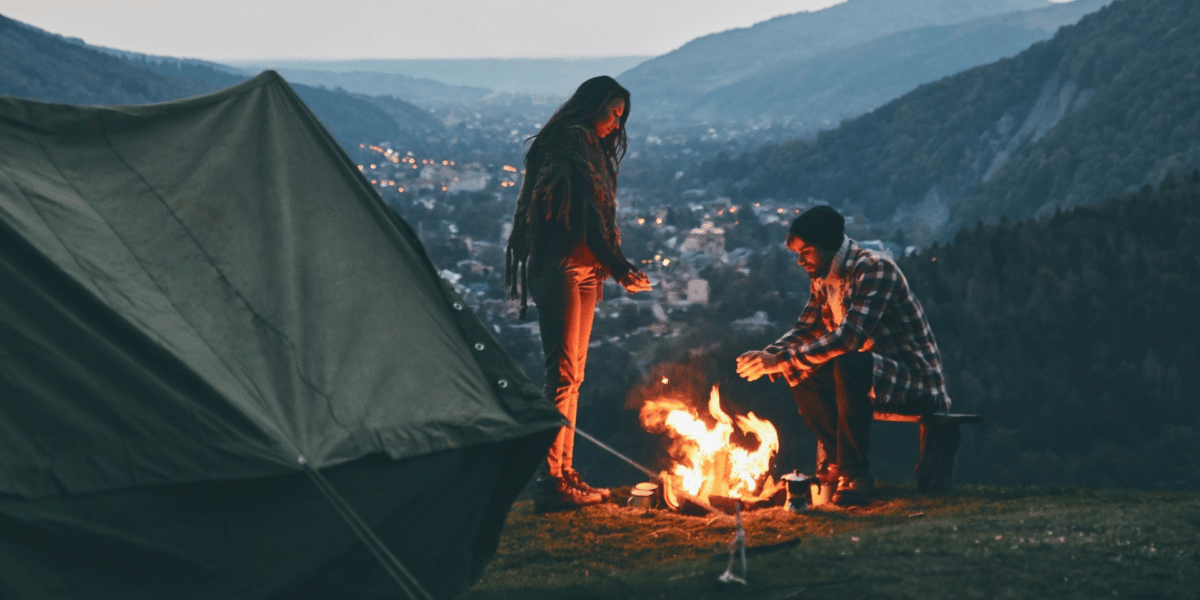The Ultimate Guide to Camping in Virginia: Tips and Must-Know Information

Camping in Virginia offers a wonderful opportunity to explore the state’s diverse landscapes, from the Blue Ridge Mountains to the Atlantic coastline. Whether you are a seasoned camper or a beginner, knowing what to expect and how to prepare can make your camping experience enjoyable and memorable. This article provides essential tips and information for anyone planning to go camping in Virginia.
Choosing the Right Campground
Virginia boasts a variety of state parks and national forests that offer excellent camping facilities. Shenandoah National Park, George Washington and Jefferson National Forests, and Grayson Highlands State Park are popular choices. These areas provide well-maintained campgrounds, scenic views, and numerous outdoor activities such as hiking, fishing, and wildlife watching.
In addition to public parks, there are many private campgrounds in Virginia. These campgrounds often provide amenities such as swimming pools, playgrounds, and organized activities, making them ideal for families. Researching and selecting a campground that fits your needs and preferences is crucial for a successful camping trip.
Best Time to Camp
The best time to camp in Virginia depends on your preferred activities and weather conditions. Spring and fall are ideal for pleasant temperatures and beautiful scenery, with blooming flowers in the spring and vibrant foliage in the fall. Summer is perfect for water activities but can be hot and humid, while winter offers a quieter experience but requires proper gear for cold weather.
Essential Gear and Supplies
When camping in Virginia, it’s important to have the right gear. Essential items include a sturdy tent, sleeping bags appropriate for the season, sleeping pads or air mattresses, and a reliable camping stove. Additionally, pack a first aid kit, flashlight, extra batteries, and a multi-tool.
Pack clothing suitable for the weather and layers to adjust to changing temperatures. Waterproof and windproof jackets are essential, especially in the mountains where weather can change rapidly. Sturdy hiking boots are recommended for exploring trails, along with comfortable camp shoes for relaxing at the campsite.
Safety and Regulations
Virginia is home to a variety of wildlife, including black bears, deer, and snakes. It’s important to store food properly in bear-proof containers or lockers provided at many campgrounds. Be aware of your surroundings, especially when hiking or exploring remote areas, and follow guidelines to avoid encounters with wildlife.
Campfires are a cherished part of the camping experience but require careful management. Always check local regulations regarding campfires, as restrictions may be in place during dry conditions. Use designated fire rings, keep fires small, and never leave a fire unattended. Extinguish fires completely before leaving the campsite or going to sleep.
Activities and Attractions
Virginia offers numerous trails for hiking and biking. Shenandoah National Park’s Skyline Drive provides access to a variety of trails ranging from easy walks to challenging hikes. The Virginia Creeper Trail is a popular biking route that offers beautiful scenery and gentle grades suitable for all ages.
With its many lakes, rivers, and coastline, Virginia is perfect for water-based activities. Kayaking, canoeing, and fishing are popular in places like Lake Anna and the James River. The Chesapeake Bay and Virginia Beach provide opportunities for swimming, boating, and beachcombing.
Camping Etiquette
Practicing Leave No Trace principles is crucial to preserving Virginia’s natural beauty. This includes packing out all trash, minimizing campfire impact, respecting wildlife, and staying on designated trails. By following these guidelines, campers can help protect the environment for future visitors.
Respecting the privacy and peace of fellow campers is essential. Keep noise levels down, especially during nighttime hours, and avoid walking through other campsites. Sharing resources and being considerate of others’ space ensures a pleasant experience for everyone.
Planning Your Trip
Many campgrounds in Virginia require reservations, especially during peak seasons. It’s advisable to book your campsite in advance to secure your spot. Some areas may also require permits for activities like fishing or backcountry camping. Check the specific requirements for your chosen destination before you go.
Create a checklist of all necessary items and check the weather forecast before leaving. Ensure your vehicle is in good condition, especially if traveling to remote areas. Inform someone of your travel plans and expected return time for added safety.
Camping in Virginia offers a chance to connect with nature and enjoy the state’s diverse landscapes. By choosing the right campground, preparing with the appropriate gear, and following safety and etiquette guidelines, you can ensure a rewarding and enjoyable camping experience. Whether you’re exploring the mountains, paddling rivers, or relaxing by the coast, Virginia’s natural beauty awaits.

